The U.S. Department of the Treasury, through its Office of Foreign Assets Control (OFAC), has announced sanctions on Russia’s two largest oil companies – Rosneft and Lukoil. These sanctions aim to pressure Russia to commit to a peace process and an immediate ceasefire in Ukraine.
Why Were These Sanctions Imposed?
The Treasury cited Russia’s lack of serious engagement in peace negotiations. Secretary of the Treasury, Scott Bessent, emphasized that “now is the time to stop the killing and for an immediate ceasefire.” These sanctions target Russia’s energy sector, reducing revenue for the Kremlin’s war efforts and weakening its economy.
Which Companies Are Targeted?
The sanctions specifically target:
- Rosneft – a vertically integrated energy company involved in exploration, production, refining, and sale of oil, gas, and petroleum products.
- Lukoil – an international oil company engaged in exploration, production, refining, marketing, and distribution of oil and gas.
Subsidiaries Included
OFAC has also designated multiple Russia-based subsidiaries of Rosneft and Lukoil, including refineries, oilfield developers, and gas companies. Some examples include:
- Rosneft: RN Purneftegaz, Bashneft Dobycha, Vankorneft, Samaraneftegaz
- Lukoil: Lukoil Perm, Lukoil West Siberia, Uraloil
All entities owned 50% or more by these companies are also blocked under Executive Order 14024.
Sanctions Implications
- All property and interests in the U.S. or controlled by U.S. persons of these companies are blocked.
- U.S. persons are prohibited from transactions with these companies unless authorized by OFAC.
- Foreign financial institutions engaging with these companies risk secondary sanctions.
What This Means for Global Markets
These sanctions may impact global oil supply and pricing, as Rosneft and Lukoil play key roles in energy exports. Companies and investors must ensure compliance with OFAC regulations to avoid civil or criminal penalties.
US Sanctions Could Halt Russian Oil Flows to India
Senior refinery executives to Bloomberg say flows of Russian oil to major Indian processors could drop to almost zero following US sanctions on crude giants Rosneft PJSC and Lukoil PJSC.
State refiners like Indian Oil, Bharat Petroleum, and Hindustan Petroleum usually buy Russian crude on the spot market, while Reliance Industries holds a long-term contract with Rosneft. India remains the world’s largest buyer of Russian oil.
Key Takeaways
- The U.S. is increasing pressure on Russia to negotiate peace in Ukraine.
- Rosneft and Lukoil, along with their subsidiaries, are now on OFAC’s blocked list.
- Non-compliance with sanctions can lead to severe financial and legal consequences.
- Secondary sanctions may apply to foreign financial institutions engaging with these entities.
China’s Oil Stockpile Grows Amid US Sanctions on Russia: WSJ
China has been steadily building its oil reserves, preparing for potential disruptions from new U.S. sanctions on Russian oil. In the first nine months of this year, about 17% of China’s crude imports came from Russia, much of which has been stockpiled.
Since official Chinese oil-reserve data is not released, analysts estimate that around one million barrels per day are being stored by comparing imports, domestic production, and processing volumes. JPMorgan’s Natasha Kaneva notes that China’s oil stocks, including oil on water, have increased by 160 million barrels this year—the largest rise since 2020.

BBW News Desk is the editorial team of BigBreakingWire, a digital newsroom focused on global finance, markets, geopolitics, trade policy, and macroeconomic developments.
Our editors monitor government decisions, central bank actions, international trade movements, corporate activity, and economic indicators to deliver fast, fact-based reporting for investors, professionals, and informed readers.
The BBW News Desk operates under the editorial standards of BigBreakingWire, prioritizing accuracy, verified information, and timely updates on major global developments.
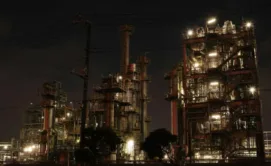











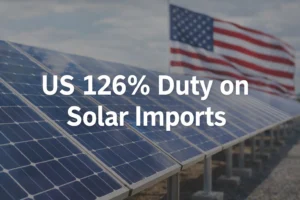



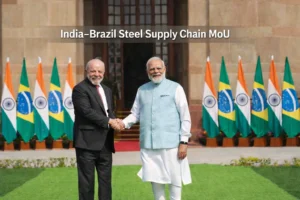



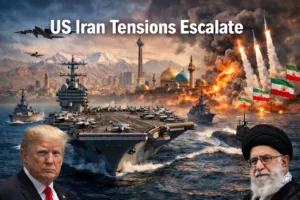
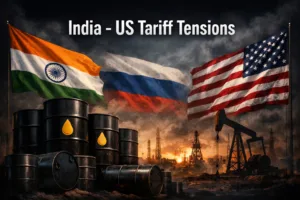






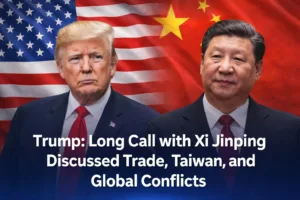



Be First to Comment